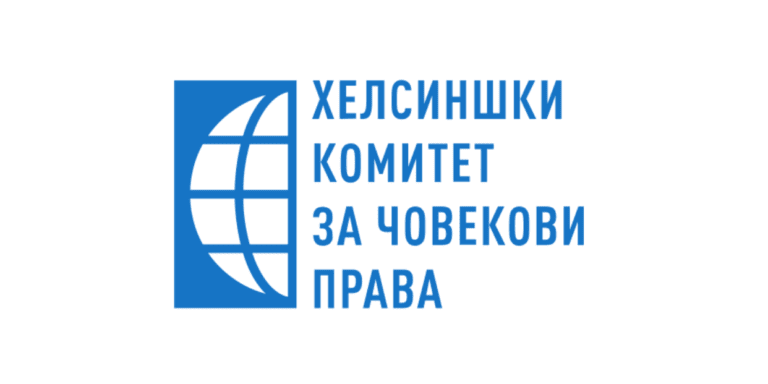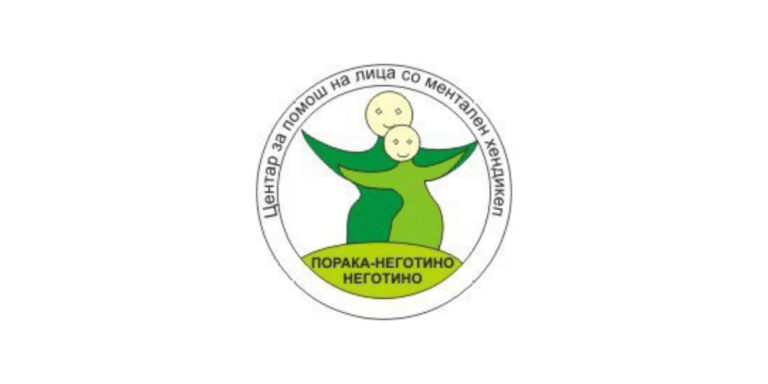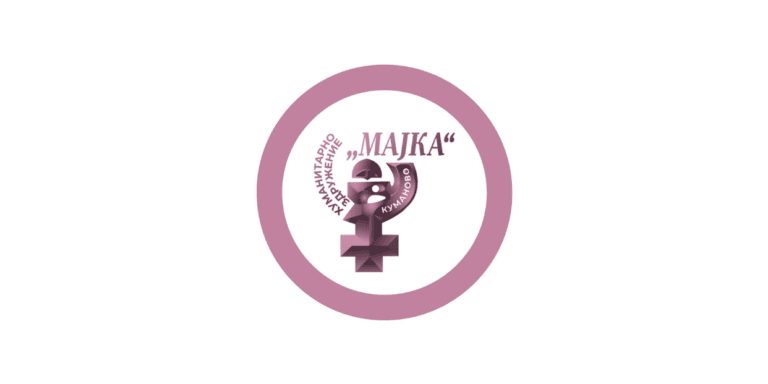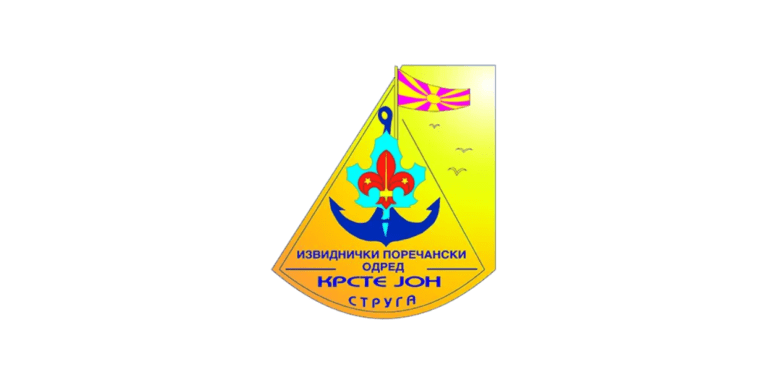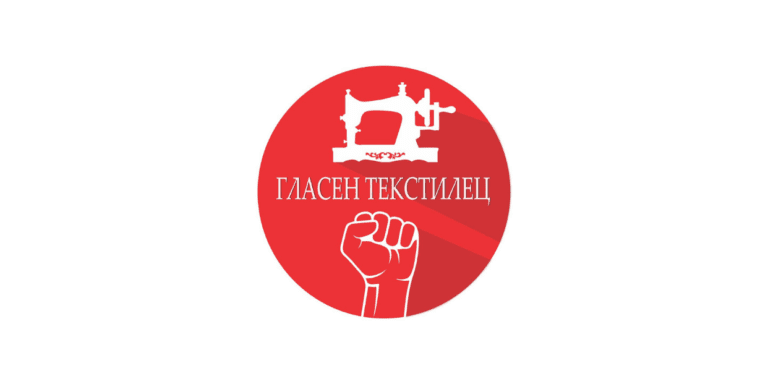ZDUZHENSKA SKOPJE ASSOCIATION FOR GENDER EQUALITY PROMOTION
In partnership with the Institute for Social Sciences and Humanities – Skopje and the Association Radika-DE
Total budget provided by Civica Mobilitas: MKD 2,473,786
Timeframe: 16 months
CONSTITUENTS
Direct constituents are women from the rural environments in three municipalities in the Reka region: Debar, Centar Zhupa and Mavrovo Rostushe.
As indirect constituents there will be the CSOs that work on advocacy on gender issues and provide services to vulnerable categories of citizens.
Institutions in charge: Ministry of Economy, Ministry of Finance, Ministry of Labor and Social Policy, Ministry of Local Self-Government.
ON THE PROJECT SUPPPORTED BY CIVICA MOBILITAS
GENDER DIMENSION OF POLICIES IN FOCUS – STRENGTHENING THE RESILIENCE IN THE POST-COVID PERIOD
BACKGROUND
The existing discrepancy with respect to the understanding of the concept of gender equality and its direct relation to the socio-economic indicators which directly target women. In this way, there will be a contribution to overcoming the tendency of polarization with respect to the issues related to gender equality as identity issues, and it will be channeled first of all as an important social-economic issue that has a reflection on the overall social wellbeing. The action is also directly and essentially based on the approach founded on human rights, and instead of a transversal theme, the gender issues are in the central focus.
GOALS AND RESULTS
Goal:
To contribute to post pandemic social recovery by strengthened civic advocacy of gender equality focused on tailormade approached of the central and local authorities related to strengthening the resilience of women as most affected category of citizens.
Objectives:
To create alliances of organizations that would advocate gender sensitive social-economic policies in conditions of post-Covid social recovery.
RESULTS
- Assessment of the socio-economic needs of the women and CSOs that work on the issues of gender equality in post-Covid context, using the UN Women and NDI studies, as well as the official statistical data that show the disproportional economic and social implications on the female population and public policy documents;
- Create new models of gender issues policies as part of the priorities in the creation of the socio-economic policies adjusted to the post-pandemic context by focusing on women as policy category understood in a way which is inclusive for all modalities of the gender positioning;
- Develop a model for strengthening civic/women’s alliances (platforms) for advocacy of socio-economic policies at local level in the context of post-Covid social recovery, with an inter-section involvement of ethnically and socially marginalized.
ACTIVITIES
- Desk analysis of strategic documents of the institutions and expert analyses – Public Policy Analysis with participation of the stakeholders (consultative meetings), recommendations and advocacy plan;
- Field assessment – survey of the national-representative sample and interviews, with an advocacy plan;
- Publication with unified finds, recommendations, policy models and advocacy plan;
- Consultative exchange among the national policy creators and civil society in order to achieve new models of policies tailormade for women as a socio-economic category, with a special focus on ethnically and socially marginalized;
- Broad national consultation between the civil society and policy makers on priorities for gender sensitive strengthening of social resilience in the context of post-pandemic with a focus on female socio-economic vulnerability;
- Direct advocacy of the recommendations and models of the implemented need assessment before the central government;
- Piloting a model for strengthening civil alliances and advocacy for gender issues in creating socio-economic policies at local level adapted to the post-Covid context;
- Field education of rural women, with special stress on the ethnically and socially marginalized;
- Networking and alliance building meetings. A networking meeting with local women’s organizations from other municipalities, with a special stress on ethnically and socially marginalized;
- Workshops for planning joint advocacy actions;
- Meetings for direct advocacy/negotiating on the proposal of alliance (platform) representatives before local self-government representatives in charge.


